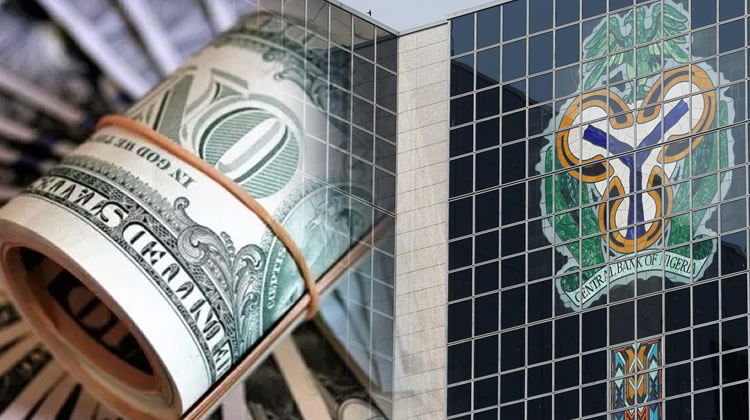Nigeria’s Net Foreign Exchange Reserve (NFER) reached $23.11 billion at the end of 2024, marking the highest level in over three years. This significant improvement reflects stronger external liquidity, reduced short-term obligations, and a revitalized investor confidence in the economy.
According to a statement from the Central Bank of Nigeria (CBN), this increase represents a substantial rise from $3.99 billion at the close of 2023, $8.19 billion in 2022, and $14.59 billion in 2021.
NFER, which adjusts gross reserves to account for short-term liabilities such as FX swaps and forward contracts, is considered a more accurate indicator of the country’s foreign exchange buffers available to meet immediate external obligations.
The country’s gross external reserves also rose to $40.19 billion, up from $33.22 billion at the end of 2023.
This growth is attributed to a combination of strategic measures implemented by the CBN, including a significant reduction in short-term foreign exchange liabilities—particularly swaps and forward obligations. The strengthening of reserves is also the result of policy actions aimed at rebuilding confidence in the FX market, increasing reserve buffers, and improving foreign exchange inflows, especially from non-oil sources.
The outcome is a more robust and transparent reserves position that better positions Nigeria to withstand external economic shocks. Despite the ongoing reduction of short-term liabilities, the overall quality of the reserve position has improved.
Governor of the Central Bank of Nigeria, Olayemi Cardoso, stated, “This improvement in our net reserves is not accidental; it is the result of deliberate policy decisions aimed at rebuilding confidence, reducing vulnerabilities, and laying the groundwork for long-term stability. We remain committed to maintaining this progress through transparency, discipline, and market-driven reforms.”
Reserves have continued to strengthen into 2025. While the first-quarter figures reflect seasonal adjustments, including significant interest payments on foreign-denominated debt, the underlying economic fundamentals remain solid. The CBN expects reserves to continue improving in the second quarter of 2025.
Looking ahead, the CBN anticipates a steady rise in reserves, driven by increased oil production and a more favorable export growth environment, which is expected to boost non-oil foreign exchange earnings and diversify external inflows.
“The CBN remains committed to prudent reserve management, transparent reporting, and macroeconomic policies that support a stable exchange rate, attract investment, and foster long-term economic resilience,” the statement concluded.


